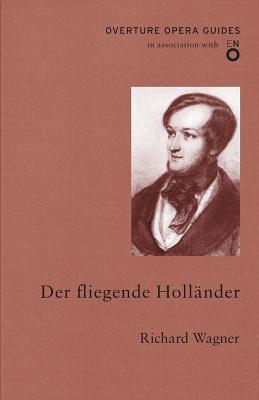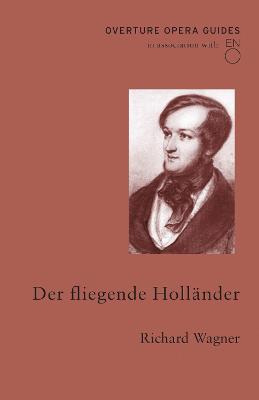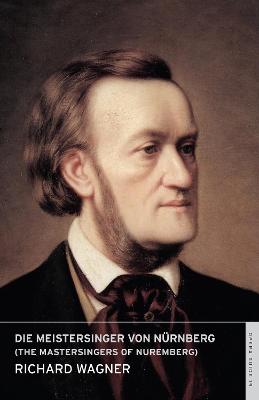Overture Opera Guides
3 total works
Der fliegende Hollander is the first of Wagner's operas that the author considered to be representative of his mature style. The Dutchman embodies one of the major themes that recur throughout Wagner's work: that of a central character seeking redemption from a loving woman. Originally taken from a story by Heinrich Heine, Wagner extended and enriched his musical and dramaturgical language to produce an opera of extraordinary power.
An essay in the guide places the opera in the context of emerging German Romanticism, and another highlights the musical riches of the score. A further article explores the emerging importance of myth to Wagner and his contemporaries. As well as a detailed description of the work's performance history, the volume contains Wagner's own instructions to his performers and his programme note about the overture. Illustrations, a thematic guide, the full libretto with English translation and reference sections are also included.
An essay in the guide places the opera in the context of emerging German Romanticism, and another highlights the musical riches of the score. A further article explores the emerging importance of myth to Wagner and his contemporaries. As well as a detailed description of the work's performance history, the volume contains Wagner's own instructions to his performers and his programme note about the overture. Illustrations, a thematic guide, the full libretto with English translation and reference sections are also included.
Die Meistersinger von Nurnberg (The Mastersingers of Nuremberg)
by Richard Wagner
Published 7 February 2011
This opera has been described as "the longest single smile in the German language". But Roland Matthews indicates that violence is not far beneath the surface of this portrait of medieval Nuremberg. Arnold Whittall's analysis gives a bird's-eye view of the complexity of the score. Timothy McFarland explores the significance of the choice of subject: that nostalgia for a pre-industrial community, which was a symptom of the German nationalist movement. The long text has many subtleties which opera audiences can hardly appreciate without reading it, and the musical themes are numbered to indicate where they occur.
Contents: 'My most genial creation...', Roland Matthews; A Musical Commentary, Amold Whittall; Wagner's Nuremberg, Timothy McFarland; Die Meistersingers von Nurnberg: Poem by Richard Wagner; The Mastersingers of Nuremberg: English translation by Frederick Jameson, revised by Gordon Kember and Norman Feasey
Contents: 'My most genial creation...', Roland Matthews; A Musical Commentary, Amold Whittall; Wagner's Nuremberg, Timothy McFarland; Die Meistersingers von Nurnberg: Poem by Richard Wagner; The Mastersingers of Nuremberg: English translation by Frederick Jameson, revised by Gordon Kember and Norman Feasey


